All explainers
Explainer

All About Drivetrains
Drivetrains are the collection of components that deliver power from a vehicle’s engine or motor to the vehicle’s wheels.
Explainer

How Do Hydrogen Fuel Cell Vehicles Work?
Fuel cell vehicles use hydrogen to produce electricity, generating less pollution than gas-powered cars and trucks.
Explainer

What Are Electric Cars?
Unlike conventional vehicles, electric cars and trucks use a motor powered by batteries or a fuel cell.
Explainer

Top Five Reasons to Choose an Electric Car
They're a really good buy.
Explainer
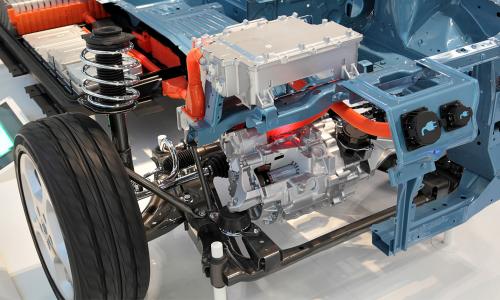
How Do Battery Electric Cars Work?
Battery electric cars run exclusively on electricity—cutting air pollution and global warming pollution.
Explainer
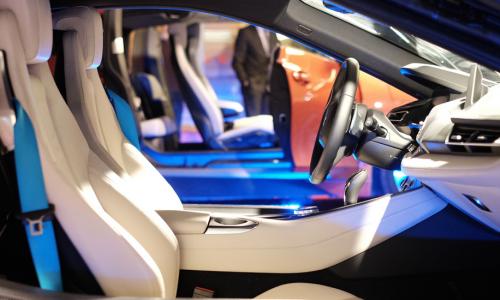
How Do Hybrid Cars and Trucks Work?
Hybrids use an internal combustion engine—and can be fueled like normal cars—but also have an electric motor and battery.
Explainer

Electric Vehicle Charging: Types, Time, Cost and Savings
How does EV charging work? Types of charging options, charging time, costs and potential savings.
Explainer
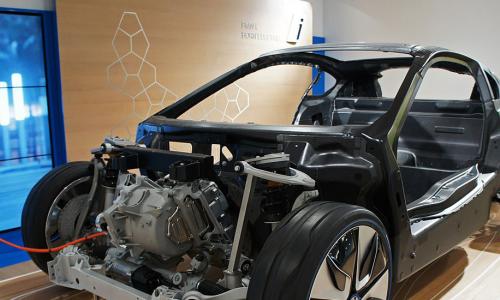
EV batteries
What materials and types of metals are used to make batteries for electric cars? How much do batteries cost? How long do they last?
Explainer
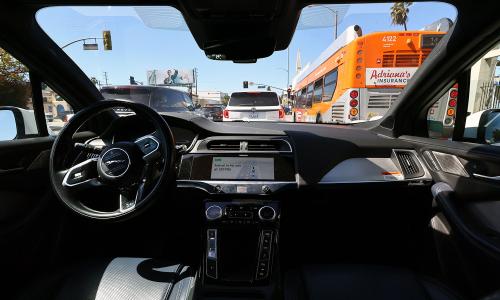
Self-Driving Cars 101
How do self-driving cars work—and what do they mean for the future?
Explainer

Global Warming is Happening and Humans are the Primary Cause
The evidence is overwhelming. Earth is warming fast, and the heat-trapping emissions we release into the atmosphere from burning fossil fuels is changing our climate.
Explainer
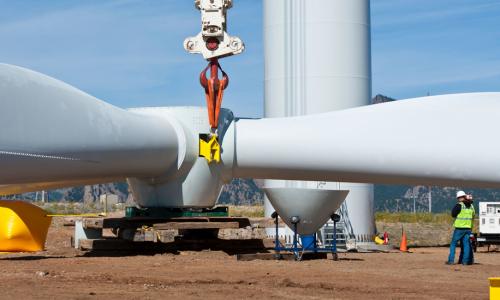
Barriers to Renewable Energy Technologies
Renewables face major obstacles. Some are inherent with all new technologies; others are the result of a skewed regulatory framework and marketplace.
Explainer
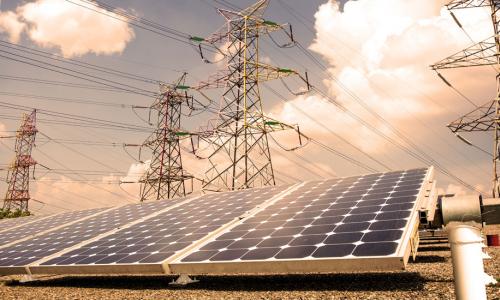
Benefits of Renewable Energy Use
Renewable energy—wind, solar, geothermal, hydroelectric, and biomass—provides substantial benefits for our climate, our health, and our economy.